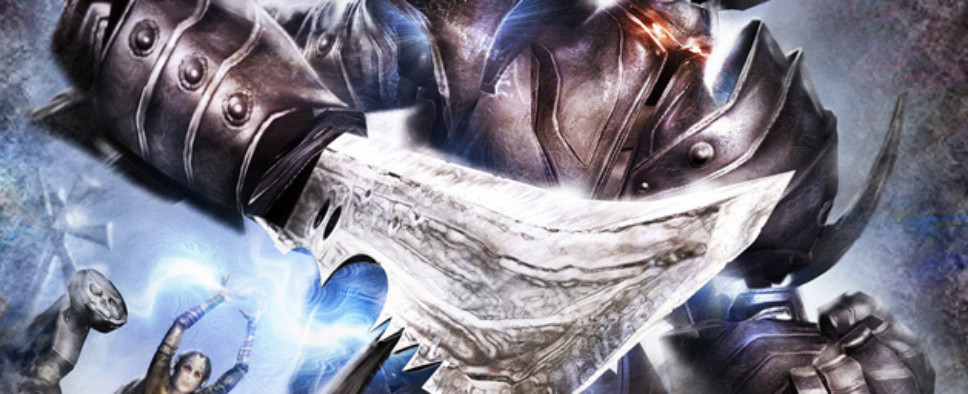Five Expansive CRPGs to Bide Your Time Until Torment: Tides of Numenera
-
Category: News ArchiveHits: 6315

As great as it is, Divinity: Original Sin wouldn’t have existed without Ultima VII. It might have predated Larian’s creation by 22 years, but the mechanics in The Black Gate (and its sequel, The Serpent Isle) were the precursor to many other RPGs, including the likes of Oblivion. Natural day and night cycles, where people actually went about their business like normal humans? Townsfolk opening doors rather than just passing through them? Characters actually taking note of what you were doing and commenting on it? You saw it here first.
Original Sin may have set out its stall offering freedom, but Ultima VII was the daddy. Do you want to wander around town, killing anyone you fancy? Or perhaps you’d like to hook up with some locals instead? Both options are totally on the table. Although, when you’re thrown into a story investigating a double homicide right from the very beginning, you’ll be hard-pressed to drag yourself away. The narrative was captivating, and expanded almost into a treatise on cult-worship, long before the likes of Scientology had entered mainstream consciousness.
The level of interactivity was staggering, too. You could pick up or interact with almost anything that you could see, as long as it wasn’t obvious scenery, or too big to move. Your party would need feeding and would prompt you to do so -- and the food would be exactly what you would expect, and in exactly the place you’d expect it. You’d get beef from cows, make bread from flour and find fruit in orchards. If you drank too much, you’d be sick. If you came across a grim scene, certain party members would announce their queasiness. It seems silly, but little touches like this added to the realism of the world, and are surprisingly overlooked today.
So great was its influence on the modern CRPG, that Ultima VII is continually cited as one of the best examples of the genre. Certainly, many of the elements that it contained have long since been improved upon -- not least, the inventory, which Original Sin unfortunately emulated. Yet its branching dialog trees, intriguing quests and almost limitless scope for exploration still put the majority of today’s adventures to shame.

